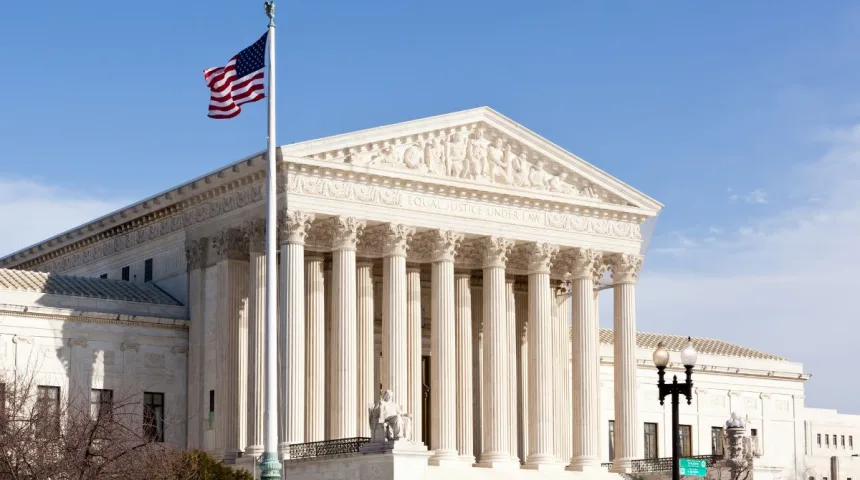In a key ruling that could impact how hospitals are reimbursed for treating low-income patients, the U.S. Supreme Court on April 30 upheld the way Medicare calculates payments to certain safety-net hospitals.
The case was brought by over 200 hospitals, who argued they were short-changed between 2006 and 2009 because the Department of Health and Human Services (HHS) excluded some patient data from its formula.
The justices voted 7-2 in favor of HHS. The majority said that only cash SSI benefits count toward the hospital’s low-income patient share a key metric used in Medicare payments.
However, the two dissenting justices including Justice Ketanji Brown Jackson — warned that this formula may understate the financial needs of hospitals serving vulnerable communities.
Healthcare advocates say the decision could limit funding for hospitals that serve seniors and disabled individuals who qualify for Medicaid or receive non-cash federal benefits.
“This ruling could make it harder for safety net hospitals to stay afloat,” said one Medicare policy expert. “Especially in underserved areas.”
📌 Source: Read the full ruling and legal breakdown at SCOTUSblog.
















